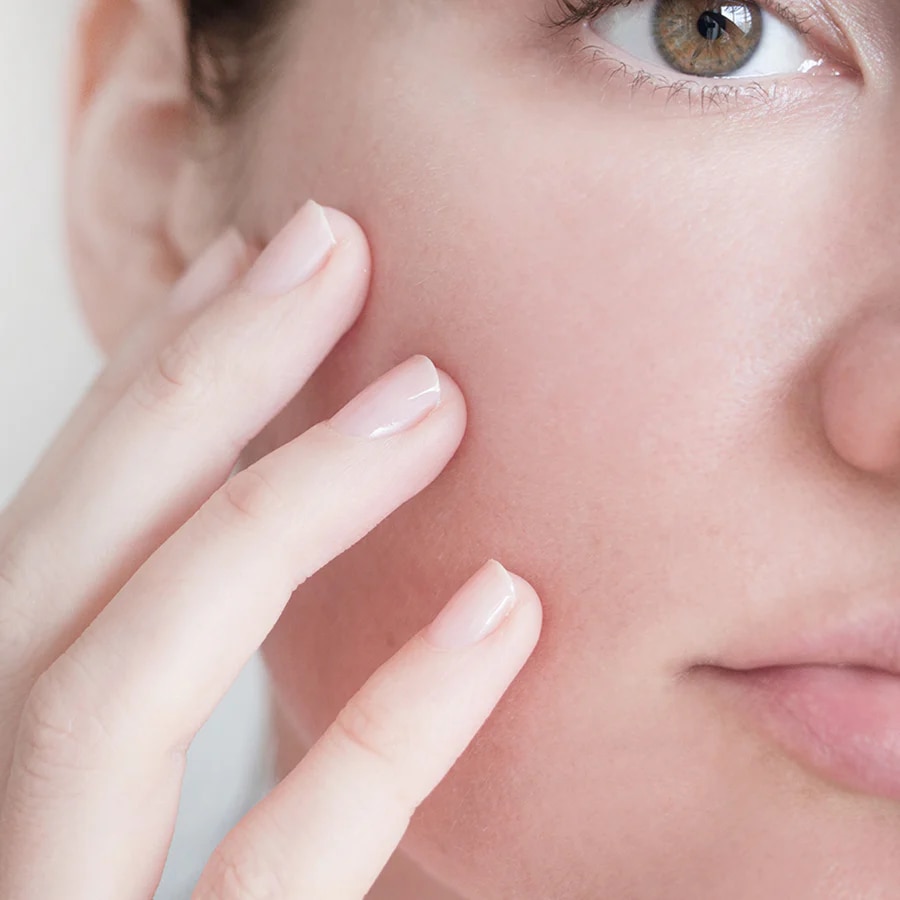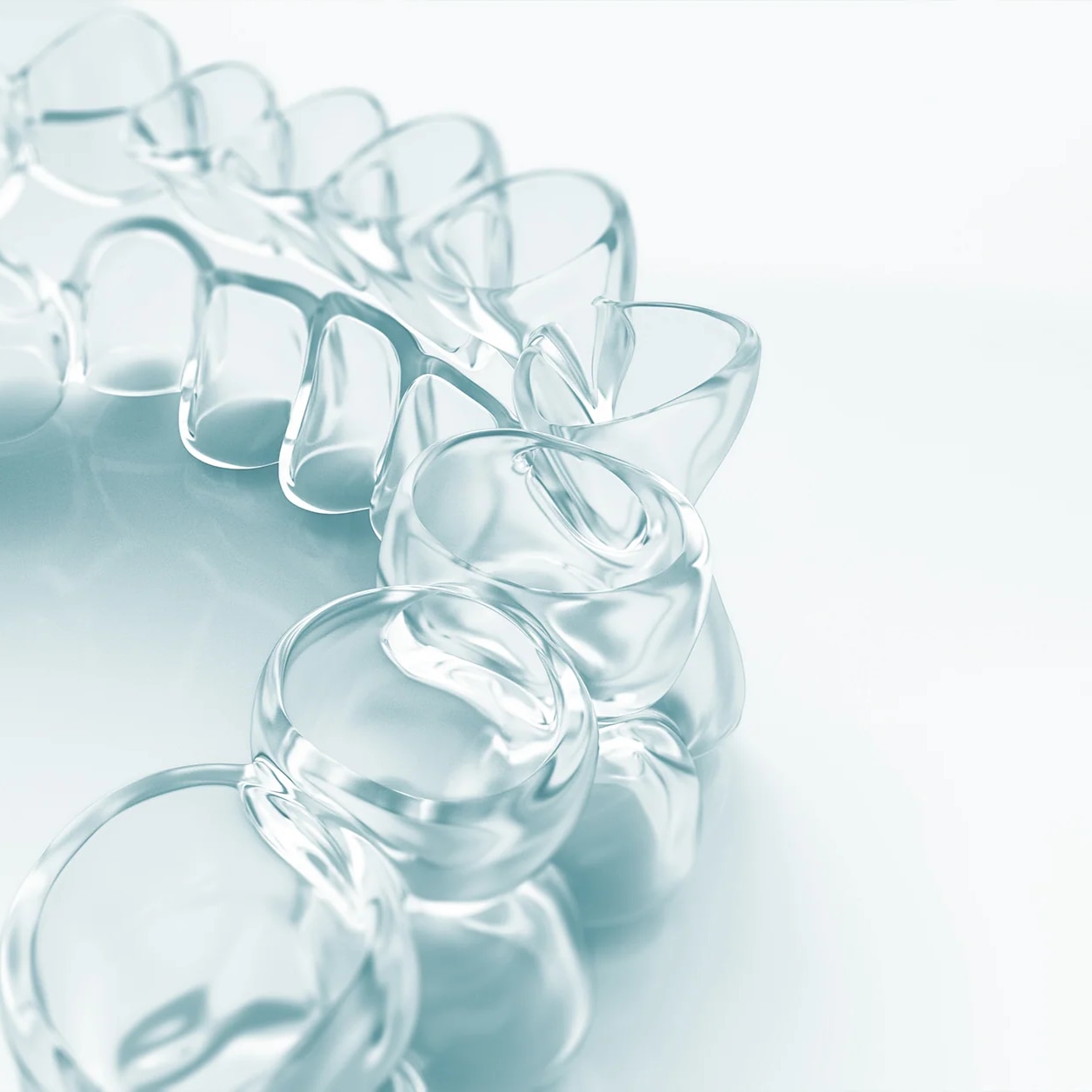Pregnancy is a time of significant hormonal change; just as you’ll experience various changes in your body, you may also experience changes in your teeth and gums. Particularly if you have sensitive teeth, pregnancy may increase sensitivity and discomfort.¹ In this article, we’ll explore how to pre-empt and care for any dental sensitivity during this special period of your life. If you are worried about tooth sensitivity, make sure you contact your dentist for professional, personalised advice.
Pregnancy: Effect on teeth and gums
Unfortunately, it is fairly common to suffer from teeth problems in pregnancy. For example, if you already suffer from sore teeth, pregnancy may increase these symptoms
This is because during pregnancy, teeth and gums can become more vulnerable to plaque, inflammation, and bleeding, otherwise known as pregnancy gingivitis. There are a variety of reasons for this, including hormonal changes in your body, as well as the types of food you are craving. Though the most common cause for oral pain during pregnancy is connected to receding gums, it’s possible to suffer from dental pain while you are pregnant. If you have hypersensitive teeth, pregnancy-related symptoms such as morning sickness can aggravate the symptoms as frequent vomiting can slowly damage your tooth enamel.
The good news is that there are ways to help prevent and tackle teeth problems in pregnancy. Read on to find out more.

Preventing teeth problems and toothache during pregnancy
Although it’s important to keep your teeth and gums clean and healthy all the time, it is especially important to practice good dental care while pregnant. Knowing how to look after your teeth is a great way to prevent teeth and gum problems.
The first step to practicing good oral care is using a toothpaste specifically designed for your needs. If you are suffering from pain due to hypersensitivity, using Regenerate™ Hypersensitivity Toothpaste is a good place to start. Thanks to its NR-5+ intensive care technology, this medical device toothpaste treats hypersensitivity and stops pain. It deeply rescues the exposed hypersensitive areas by regenerating enamel mineral with the exact same mineral enamel is made of.
Other things you can incorporate into your pregnancy dental care routine and lifestyle to keep teeth healthy are:
- Floss every day to remove any food in-between your teeth as this will help prevent plaque build-up.
- Eat a balanced diet. While you may be craving things like fast food — and it’s perfectly acceptable to give into your cravings every now and then — the added sugar in this type of food can be damaging to your teeth.
If you are suffering from toothache during pregnancy or find you are facing teeth problems in pregnancy, then talk to your dentist.
Is it safe to have dental treatment during pregnancy?
Generally speaking, it is safe to receive dental care while pregnant. However, it is still important to tell your dentist that you’re pregnant .
Taking care of your teeth after pregnancy
It is always important to have regular check-ups with your dentist, but if you experience teeth problems during pregnancy then this is especially important. Maintaining good oral care and being mindful of the food and drink you consume can help keep your teeth and gums feeling their best, even if you’re running on two hours of sleep!
For more information about dental care, take a look at our other articles on how to look after your teeth.
Sources:
1 http://www.vermontdentistry.com/2011/10/sensitive-teeth-pregnancy-normal/






